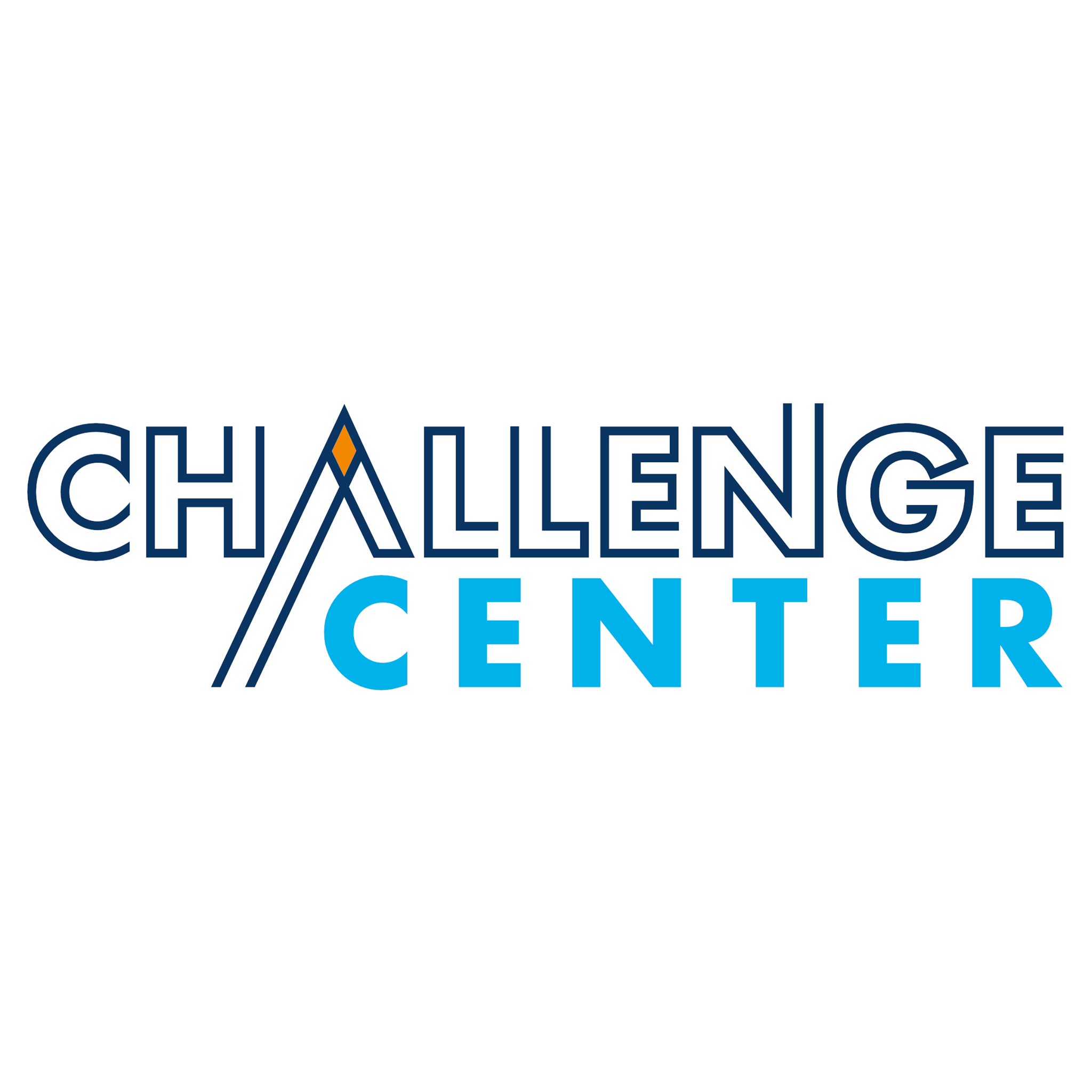1420 Kettner Blvd,
Suite 700
San Diego, CA 92101
(619) 860-2100

Tiffany Piquillod has spent her career helping people get stronger, more mobile, and healthier. As the Executive Director of the Challenge Center in La Mesa, her job is to improve the quality of life for seniors, individuals with severe physical disabilities, their families, and caregivers by providing physical therapy, specialized fitness, and wellness programs.
That work got a little easier recently with the announcement that the Challenge Center was
awarded a two-year $500,000 grant as part of the Conrad Prebys Foundation’s SHARE Initiative. The initiative provides unrestricted grants to health clinics that effectively serve communities needing improved health services – especially Indigenous, immigrant, and border residents. The initiative aims to ensure that excellent, culturally proficient healthcare is accessible to and in underserved communities. Grant recipients can use the funding in whatever way they think will be most effective for their organizations and the communities they serve.
The Challenge Center’s programs dramatically improve people’s quality of life and save the medical system millions of dollars a year. The key to it all is helping people become more physically active and providing them with the tools to stay active. The benefits are often dramatic. Piquillod, who started at the Challenge Center over twenty years ago as a fill-in for a staff member on maternity leave, recalls a patient who was involved in an automobile accident and broke her spine.
She was sent home from a standard rehabilitation facility in a rickety wheelchair. The woman, the mother of young children, could not get in and out of her bed. She came to the Challenge Center at a low point in her life, Piquillod recalls. “It was heartbreaking. She couldn’t take care of her children. She felt like she couldn’t be their mom anymore. We saw her and did an evaluation. We got her transferring, dressing, and strengthening. We got her on an electrical stimulation bike. She can pedal uphill for 45 minutes now. Today, she can drive and take care of her family.”
Another patient was nearly 80 when she had a stroke. She was using the last of her life savings to pay for home healthcare attendants because she could not care for herself. After working with the Challenge Center therapists, she began walking independently and she was even able to take care of her husband of over forty years when he was diagnosed with cancer.
“It’s not just physical benefit, our patients benefit from the social aspect of being here,” Piquillod notes. “They make friends and support each other. Sometimes, we’re the only people our clients see all week.”
Piquillod is also quick to point out the benefit to society of helping people improve their mobility.
“People with severe mobility challenges are the most expensive people to care for,” she points out. “They say that five percent of Medicare clients account for eighty percent of the costs. We take people with limited mobility and dramatically improve their lives. We can keep them healthy and save the system $70,000 annually for the next 5-10 years. The cost savings are tremendous.”
Thanks to funding from the Prebys Foundation, the Challenge Center will be able to reach even more clients, especially those for whom English is not a first language. The Center will now be able to hire more bilingual staff, translate their materials into Spanish, and put additional systems in place to make sure people who speak a variety of languages feel welcome and included.
They will also be able to better connect with communities in South County to get their marketing materials to doctors and nurses so they can refer patients.
More than anything, the Challenge Center is helping change people’s approach to their health and lives.
“People can do so much more,” said Piquillod. “Our mandate is to see people until their function is fully maximized. There’s nobody on this planet who can’t get better and stronger – everybody deserves that opportunity to pursue being healthy. They probably don’t realize that exercise is medicine.”
To learn more about the SHARE initiative click here.

